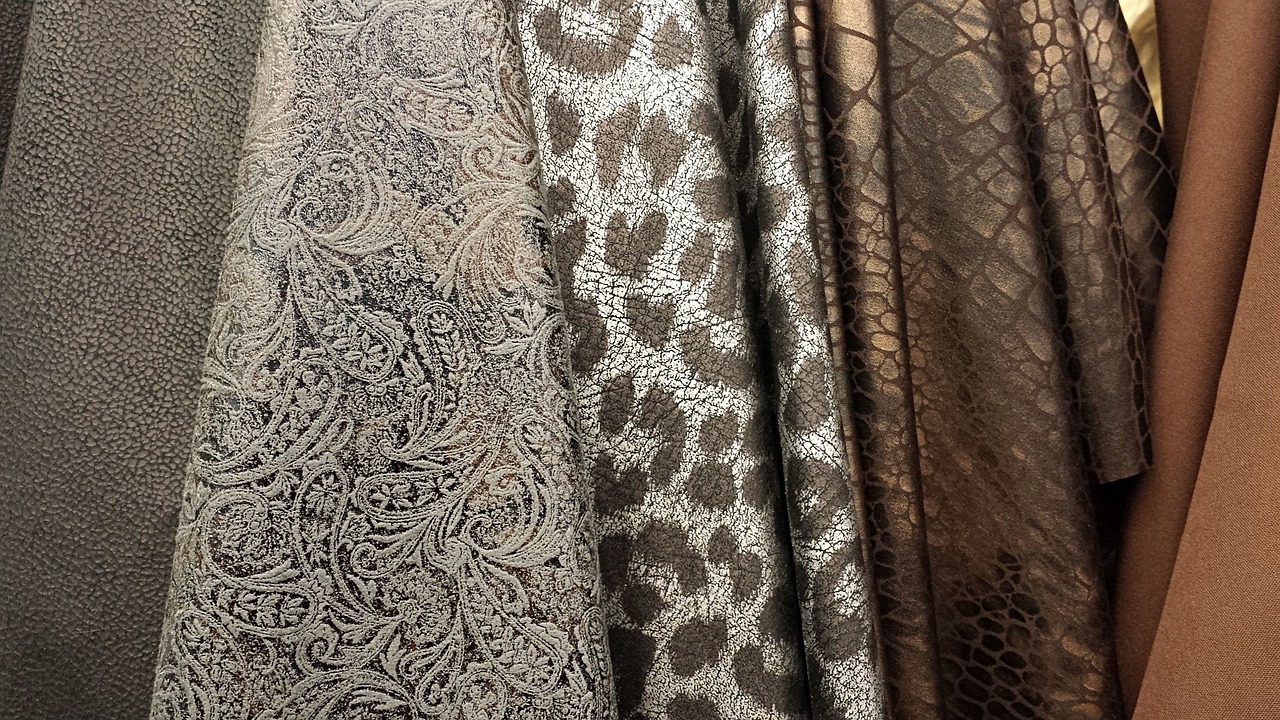Fashion and Urban Farming: Sustainable Textile Production from Agricultural Byproducts
Fashion and agriculture may seem like two unrelated industries on the surface, but their intersection is becoming increasingly evident in today’s world. The collaboration between these sectors not only showcases innovative approaches to sustainability but also highlights the interconnectedness of seemingly disparate fields.
By incorporating agricultural materials and practices into fashion design, designers are able to create garments that are not only stylish but also environmentally friendly. From using natural dyes derived from plants to incorporating bio-based fibers such as hemp and bamboo, the fusion of fashion and agriculture is paving the way for a more sustainable industry.
Utilizing Agricultural Byproducts in Textile Production
The utilization of agricultural byproducts in textile production is gaining traction in the fashion industry as a sustainable and innovative approach. By repurposing materials such as fruit peels, pineapple leaves, and even coffee grounds, designers are exploring new ways to create eco-friendly textiles that reduce waste and environmental impact.
One notable example is the use of orange peels to create a sustainable alternative to leather. Through innovative processes, the natural fibers in orange peels are transformed into a durable and biodegradable material that can be used for clothing, accessories, and even footwear. This not only reduces the demand for traditional leather production but also supports a circular economy by giving new life to agricultural waste.
• By repurposing materials such as fruit peels, pineapple leaves, and coffee grounds, designers are creating eco-friendly textiles
• Orange peels can be transformed into a sustainable alternative to leather through innovative processes
• The use of agricultural byproducts in textile production reduces waste and environmental impact
• This supports a circular economy by giving new life to agricultural waste
Sustainable Practices in Urban Farming
Urban farming has gained significant traction in recent years as a sustainable practice that addresses food security and environmental concerns in urban areas. Utilizing innovative methods such as vertical farming and hydroponics, urban farmers are able to maximize space efficiency and reduce the need for extensive land use. By growing crops closer to consumers, the carbon footprint associated with transportation is also minimized, contributing to a more sustainable food production system.
In addition to addressing issues of food access and sustainability, urban farming plays a crucial role in promoting community engagement and education. Many urban farms serve as educational hubs, offering workshops and programs that educate individuals on topics such as agriculture, nutrition, and food justice. By involving local residents in the cultivation and distribution of fresh produce, urban farming fosters a sense of connection to the food system and cultivates a greater appreciation for the environment.
What are some sustainable practices in urban farming?
Some sustainable practices in urban farming include utilizing vertical farming techniques, implementing composting systems, and using organic and natural fertilizers to reduce chemical inputs.
How can urban farmers reduce their environmental impact?
Urban farmers can reduce their environmental impact by practicing water conservation, using renewable energy sources, and minimizing waste through recycling and upcycling materials.
What are the benefits of sustainable urban farming practices?
The benefits of sustainable urban farming practices include increased food security, reduced carbon emissions from transportation, and the promotion of biodiversity in urban areas.
How can urban farmers contribute to a more sustainable future?
Urban farmers can contribute to a more sustainable future by promoting local food production, educating the community about sustainable practices, and advocating for policies that support urban agriculture.







